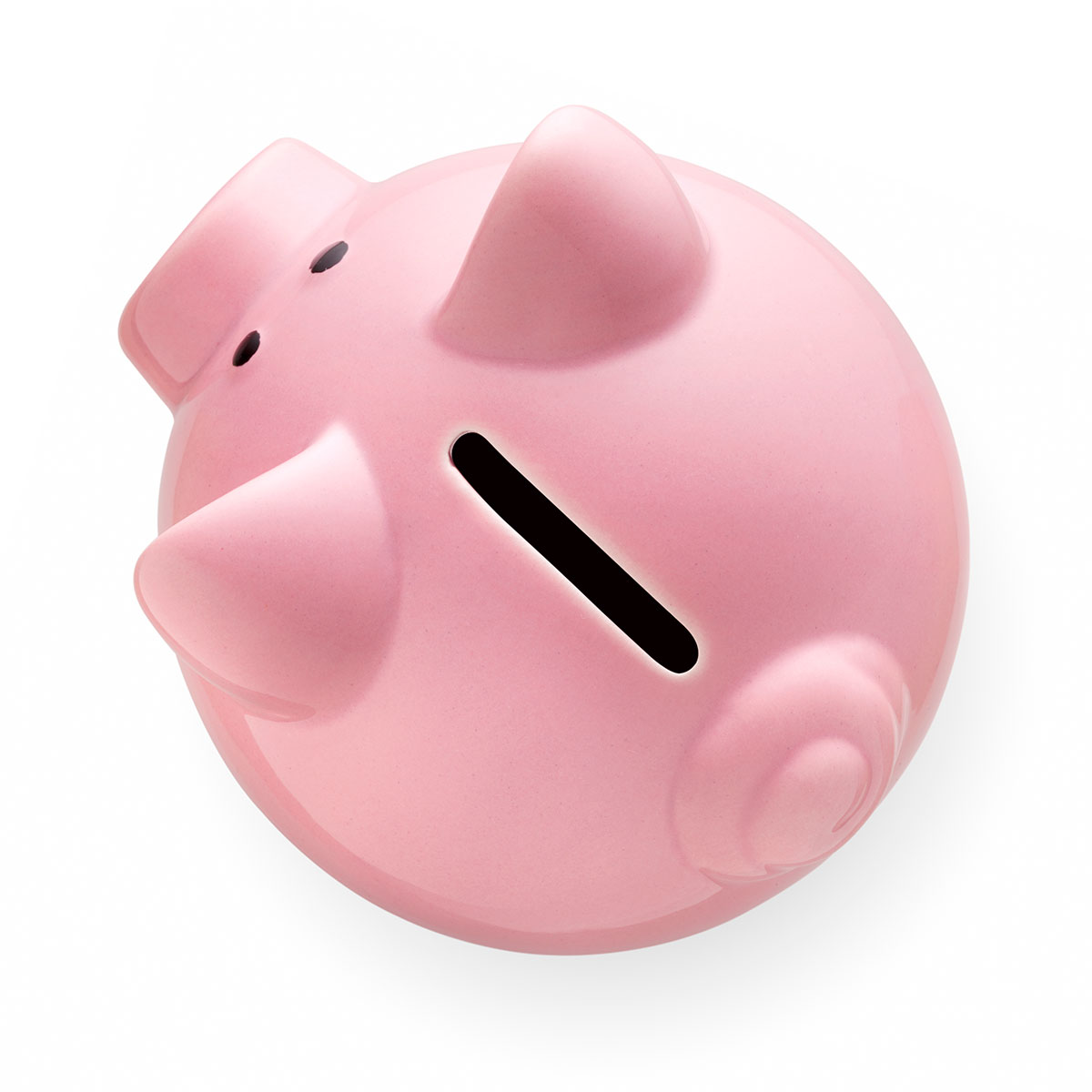Pretty much everybody has at least one major fear. Heights, small spaces, snakes and spiders are common. Ideally, you can live your life generally avoiding what makes you afraid. But what if you’re afraid of the dentist?
Dental phobia is a real condition which can be absolutely debilitating. People with dental fears are far less likely to visit the dentist and far more likely to develop dental problems later in life.
Fortunately, dental phobias, fears and anxieties can be conquered. No matter how severe your fears are, solutions and strategies are available which will allow you to obtain the dental care you deserve.
What’s the Difference Between Dental Fear and Dental Phobia?
In order to properly conquer your reluctance to visit the dentist, you need to properly identify whether you have a “dental fear” or a “dental phobia.” Dental fear is a general discomfort or unwillingness to visit the dentist. You might even be able to sit through a standard check-up but are very reluctant to undergo more extensive procedures.
A dental phobia is much more severe. The thought of visiting a dentist will invoke some type of physical or emotional response. You might shake, sweat or physically feel sick. People with a dental phobia aren’t just uncomfortable around the dentist. They truly believe that if they find themselves in the dental chair, they’re likely to actually die.
How Do Dental Fears and Phobias Affect Your Dental Health?
A person with a dental fear will likely put off dental treatment. Someone with a dental phobia likely won’t even want to entertain the thought of dental care. Unfortunately, both can result in serious damage to your oral health.
Putting off dental care today simply results in more serious problems tomorrow. Ironically, people with no fear of the dentist typically have to go to the dentist less often than people with dental fears and phobias. Minor dental problems can be detected and treated relatively easily and quickly. But small problems left untreated can turn into major dental issues.
What if I’m Afraid of Dentists?
Many fears and phobias center around the actual dentist him or herself. That’s okay — dentists are used to patients with dental fears and phobias. They certainly don’t take it personally. In reality, your dentist can be a valuable partner in conquering your dental anxiety.
Many dentists specialize in helping patients overcome their dental distress. You can use this Dental Search Tool to find a dentist near you who is experienced in treating fears and phobias. When scheduling an appointment, be sure to mention your concerns. This ensures the entire experience is as anxiety-free as possible from the very first moment you walk in the door.
When the dentist is aware of your concerns, he or she can take special steps when treating you. He or she will explain each procedure performed and tool used. Understanding what’s going on can go a long way towards helping you feel more comfortable.
What if I’m Afraid of the Sights and Sounds of the Dental Procedures?
Another common source of dental fears are the sights, sounds and even smells of the dental procedures. People are uncomfortable with the noises of the drills, the feel of the plaque scraper, even the small of the polishing paste.
Knowledge is key. A dentist specializing in dental anxiety will allow you to touch the dental instruments while explaining in detail how they work. If the noises bother you, the dentist will equip you with a pair of headphones so you can drown out the sounds with music. Smells can’t really be blocked, but smell sensitivity is just one of the conditions often treated with sedation dentistry.
What is Sedation Dentistry?
Sedation dentistry uses light sedatives to relax you during the dental procedures. You take the sedative before treatment in order to stay totally relaxed during the procedure. While you won’t be completely unconscious, you’ll likely have very little memory of the treatment afterward.
A Conscious Sedation Dentist will be able to safely administer the sedative either via an IV, a gas (nitrous oxide) or orally in pill form. If you have a fear of needles, don’t worry. The oral sedative is just as effective as the IV version. You’ll take the oral sedative before you arrive for your appointment. In most cases of sedation dentistry, you’ll need a ride to and from the dental office.
Note that sedation dentistry is different from anesthesia. The sedative simply relaxes you. If you need an anesthetic, one will be administered in the office. Don’t worry if the anesthetic needs to be applied with a needle. The sedative will relax you enough that any needle fears will likely be forgotten.
What if I’m Afraid of Dental Costs?
You might have no problem sitting in the dental chair, but a fear of paying for procedures might keep you from regular dental care. Fortunately, the solution for dental cost anxiety is simple. You can join a Cigna dental savings plan.
Also called a Cigna dental discount plan, this is an affordable alternative to dental insurance. A dental discount plan is a membership club for dental savings. Members can save between 15% and 50% on a wide variety of dental procedures, sometimes including the sedation methods themselves.
Don’t let your fears keep you from good oral health. Plus, practically speaking, overcoming your dental phobias will likely let you spend less time in the dentist’s chair overall. Identify your dental fears and discuss them with your dentist. He or she can be a powerful partner in conquering dental anxiety.







